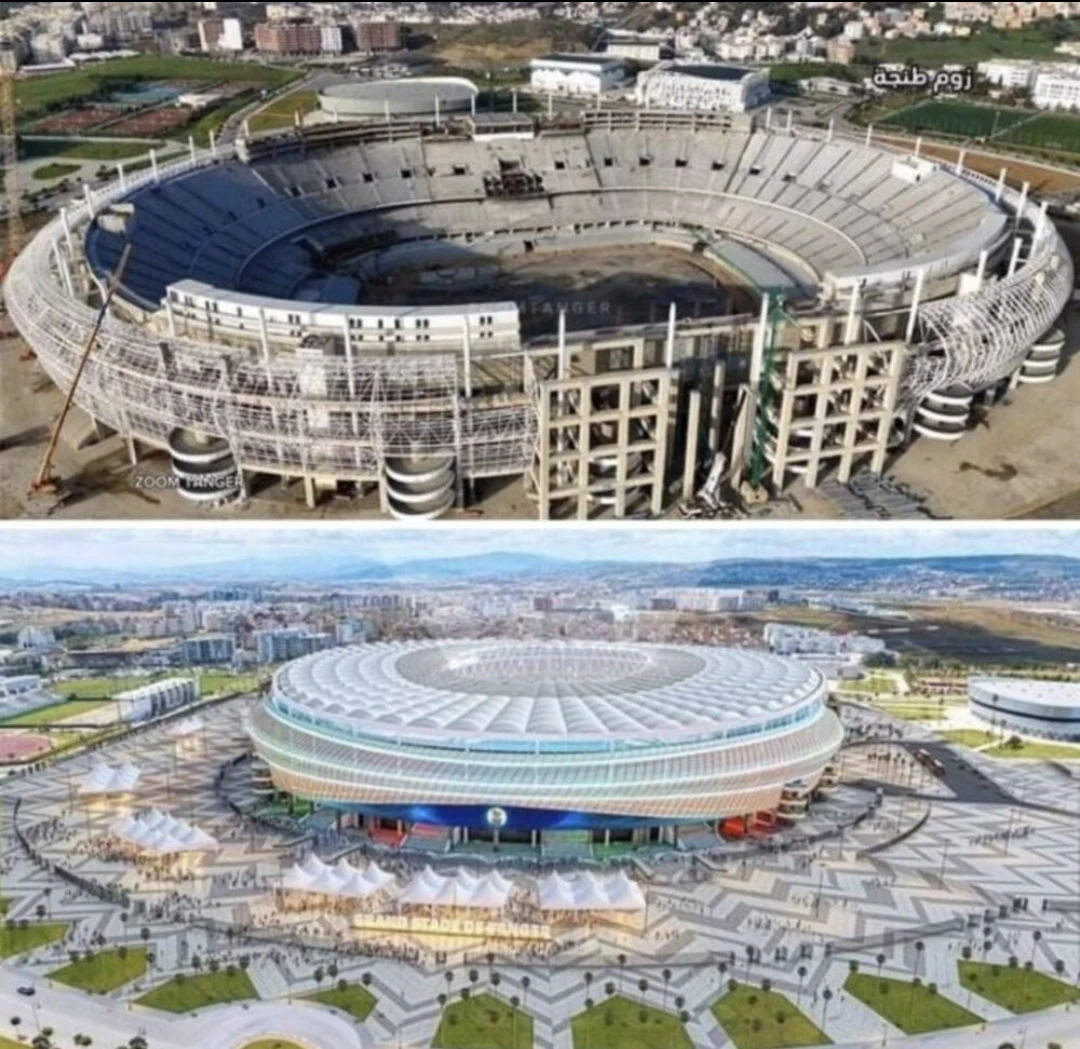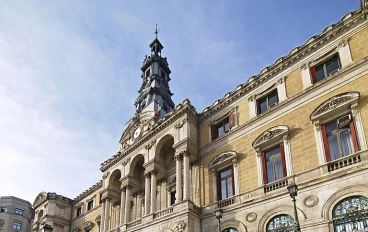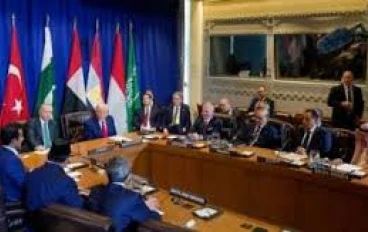
Morocco Gears Up to Host a Historic Africa Cup of Nations 2025
Morocco hosts AFCON 2025
Morocco is set to host the Africa Cup of Nations (AFCON) 2025 from December 21, 2025, to January 18, 2026, marking its second time as a host since 1988. This prestigious football tournament spotlights Africa's passion for the sport and brings together 24 of the continent's best national teams. Morocco was chosen because of its proven track record in organizing major football events, its passionate fan base, and its advanced sports infrastructure which has been continually upgraded in preparation for AFCON 2025 and the upcoming 2030 FIFA World Cup, co-hosted with Spain and Portugal.

Why Morocco Was Chosen to Host AFCON 2025
Morocco's successful hosting of the 2018 African Nations Championship, the 2022 Women's Africa Cup of Nations, and the 2023 FIFA Club World Cup demonstrated its capacity to organize world-class events. Coupled with its strategic position in North Africa, modern stadiums, and commitment to delivering a top-tier tournament, Morocco stood out as a natural choice. The country's government and football federation have invested heavily in infrastructure development, stadium renovations, and seamless logistics to ensure a memorable AFCON experience.
Preparations for AFCON 2025
Stadiums
Morocco will use nine world-class stadiums in six major cities: Rabat, Casablanca, Marrakech, Agadir, Fez, and Tangier. Highlights include the newly refurbished 69,500-seat Complexe Sportif Prince Moulay Abdellah in Rabat, the iconic Stade Mohammed V in Casablanca, the Grand Stade de Marrakech, the Ibn Batouta Stadium in Tangier, and the Adrar Stadium in Agadir. These venues are equipped with modern facilities, lighting, and technology to meet international standards, ensuring a high-quality experience for players and fans alike.
Infrastructure and Transportation
Morocco boasts impressive infrastructure supporting the tournament. Its international airports in Casablanca, Rabat, Marrakech, Tangier, and Agadir provide excellent connectivity via major airlines including Royal Air Maroc. The country's high-speed Al Boraq train links key cities such as Casablanca, Rabat, and Tangier, enabling rapid and comfortable travel for visitors. Additionally, a vast network of highways and public transport systems further ease mobility. Ongoing upgrades to rail lines and road networks prepare Morocco for increased tourist traffic during the competition.
Hotels and Hospitality
Morocco's vibrant hospitality industry offers a broad spectrum of accommodations, from luxury hotels to budget-friendly options, catering to diverse visitor needs. The tourism sector is prepared for a surge in arrivals, supported by strategic partnerships between the Royal Moroccan Football Federation and the National Tourism Office. This collaboration aims to integrate football passion with cultural promotion, elevating Morocco’s status as a premier destination in Africa and beyond.
Significance of AFCON for Morocco
Moroccan Football
Football holds a special place in Moroccan culture, with a rich history marked by passionate support and notable achievements, such as Morocco's national team—known as the Atlas Lions—reaching the 2022 FIFA World Cup semifinals. AFCON 2025 will be a platform for showcasing Morocco’s football prowess and cultural pride. The tournament also reinforces Morocco's drive to boost its football infrastructure and grassroots development.
Tourism Boost
Hosting AFCON 2025 presents a major opportunity to further spur Morocco's tourism sector, one of Africa’s leading destinations. The event is expected to attract millions of visitors, generating significant economic activity and promoting Moroccan culture worldwide. Cities like Marrakech, Rabat, and Agadir are set to benefit from increased hotel occupancy, restaurant patronage, and tours to Morocco’s rich historical and cultural sites.
Economic Impact
AFCON 2025 is projected to have substantial positive economic effects, creating thousands of jobs and boosting sectors such as construction, transportation, retail, and hospitality. The government and local businesses anticipate increased spending and investments, with infrastructure developments leaving a lasting legacy that extends beyond the tournament.
Conclusion
Morocco’s hosting of the Africa Cup of Nations 2025 symbolizes a milestone in the kingdom’s sporting and cultural journey. With world-class stadiums, a passionate fan base, and a burgeoning tourism industry, Morocco is poised to deliver an unforgettable AFCON tournament that resonates far beyond the pitch. This event not only celebrates African football talent but also highlights Morocco’s rich heritage, modern infrastructure, and its rising influence on the continental and global stage.


































